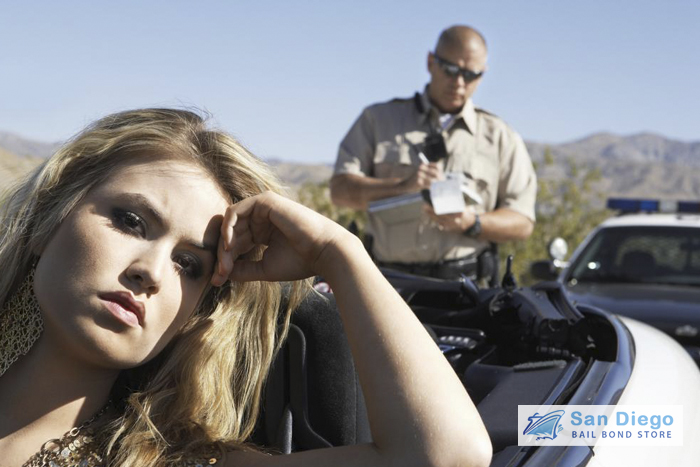08 Mar Community Service in Criminal Cases
Posted at 20:25h
in Bail Bonds in Chula Vista, Bail Bonds in National City, Bail Bonds in Oceanside, Bail Bonds in Poway, Bail Bonds in San Diego, Bail Bonds in San Marcos
0 Comments
Many people find that they have to complete a specific number of hours of community service as a part of their sentence. Some people love this because community service can reduce fines and jail time. Others hate having to do so much work without getting paid.Judges have the right to make community service a part of a sentence. Sometimes the community service replaces fines, jail time, and probation. In other cases, it’s used in tandem with the other consequences.Community service has become so popular amongst judges that some large communities discovered that they had to hire another person and even create whole new county offices just to help with the community service portion of sentencing. These separate offices help people find promising community service opportunities, track hours and make sure everything is properly reported to the sentencing judge.The great thing about community service is that there are lots of different options. The only stipulation is that the work has to be done in connection with a non-profit organization and that you don’t get paid for it. You can choose to complete all of the hours by working with a single non-profit or you can divide your time up with multiple organizations.Some communities also have government programs that qualify as community service.When you find out that you need to complete X amount of hours of community service, the first thing you need to do is sit down and think about what you like. The entire process will be more enjoyable if you’re doing work you like or at least working for a cause you’re passionate about.Popular community service choices include:- Helping out at animal rescues
- Assisting at homeless shelters
- Helping organize non-profit events, such as awareness runs and festivals
- Community improvement/beautification projects
- Speaking to school groups






